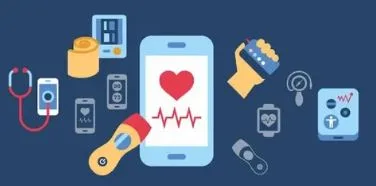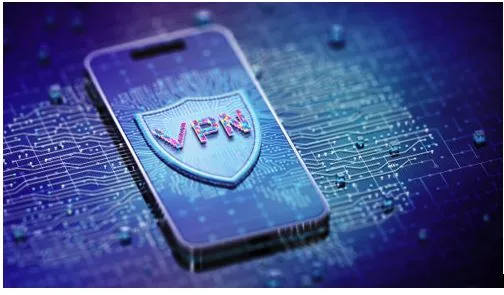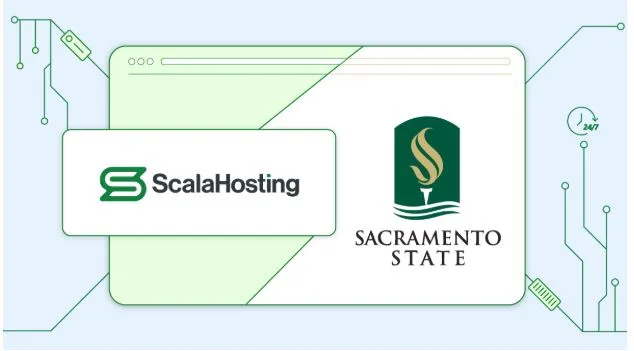Can a Healthcare App Replace Your Doctor? Here’s What a Healthcare App Development Company Thinks
You wake up feeling off. Your head is pounding, and your throat is scratchy. Instead of dialing your doctor, you grab your phone and open an app. In minutes, you’re greeted with a cheerful chatbot asking about your symptoms. A few taps later, you’ve got a diagnosis and even a follow-up reminder.
Convenient? Definitely. Impressive? For sure.
But… can that little app in your pocket really replace the years of training and human instinct your doctor brings to the table?
With the rise of AI and personalized health monitoring, this question is heating up. So, we decided to ask the people building these apps: the developers. What do they think? Where do they draw the line between digital convenience and real-world care?
The Rise of Healthcare Apps in Everyday Life
Not too long ago, taking care of your health meant booking appointments and sitting in crowded waiting rooms while flipping through old magazines. Fast forward to today, and your phone might already be:
- Tracking your steps
- Monitoring your heart rate
- Reminding you to take meds
- Booking virtual consultations
Healthcare apps have quietly incorporated themselves into our daily routines, turning once-messy processes into smooth, tap-and-go experiences.
What Can Healthcare Apps Do?
Healthcare is just an industry, yet it’s vast. So, these apps are actually capable of a lot. Here’s a general idea of what healthcare apps are capable of:
Book Appointments Without Picking Up the Phone
Gone are the days of being on hold forever. With only a few taps, you can check a doctor’s availability and lock in your preferred time slot. No phone calls, no waiting—just simple scheduling on your terms.
- Browse doctor profiles and specialties
- View available time slots in real-time
- Receive instant booking confirmation and reminders
Chat with a Doctor Anytime, Anywhere
Whether it’s a late-night fever or a midday question, healthcare apps bring medical advice straight to your fingertips. You can consult with certified professionals through chat, voice, or even video.
- 24/7 access to licensed doctors
- In-app chat, video calls, or voice support
- Get quick responses for non-emergency issues
Track Your Daily Health and Wellness
Healthcare apps do more than diagnose—they help you stay healthy. From monitoring your steps to tracking sleep and diet, they keep an eye on the little things that make a big difference.
- Log vitals like blood pressure, sugar levels, and heart rate
- Sync with wearables for real-time health data
- Get personalized insights on your lifestyle habits
Get Medication Reminders and Refill Alerts
If you’re someone who always forgets to take their meds, these apps have your back. They’ll gently nudge you when it’s time for your next dose and even remind you to refill before you run out.
- Set up daily pill reminders
- Track missed or taken doses
- Receive pharmacy refill alerts and order prompts
Access Your Medical Records Instantly
No more digging through paper files or waiting days for a report. Healthcare apps store your lab results, prescriptions, and diagnoses in one secure, easy-to-access place.
- View test results, scans, and visit summaries
- Share reports instantly with other doctors or caregivers
- Keep all medical history organized in one digital space
What Healthcare Apps Can’t Replace:
Sure, healthcare apps are amazing. Yet, it doesn’t mean they are posing a threat to the healthcare industry. They are actually making things easier for healthcare providers. So, here is what healthcare apps can’t replace:
Physical Examinations
You can’t check swollen glands or listen to a heartbeat through a screen yet. Physical exams still need a real doctor in a real room with actual tools. Apps can guide, but they can’t replace the hands-on part.
- Palpation and physical inspection require in-person care
- Many symptoms can only be confirmed through touch or observation
- Important for annual checkups and initial diagnoses
Emergency and Critical Care
During a heart attack, accident, or any life-threatening condition, a healthcare app can’t rush you to the ER or perform CPR. Real-time emergencies need real-time medical teams.
- No app can replace ambulance services or trauma teams
- Critical interventions require hospital-grade tools and expertise
- Time-sensitive care needs an immediate human response
Complex Diagnoses
Some conditions are tricky. There’s no shortcut to diagnosing them. Complex or rare illnesses often need lab tests, biopsies, scans, and specialist input. That’s way beyond an app’s scope.
- Apps can flag symptoms but not interpret complex patterns
- Multi-specialist collaboration is needed for difficult cases
- Diagnostic imaging and lab interpretation can’t be automated entirely
Emotional Support and Human Empathy
Talking to a screen isn’t the same as talking to someone who really gets it. For mental health struggles, grief, or just needing reassurance, human connection still matters deeply.
- Emotional cues and comfort often come through face-to-face interaction
- Therapists offer empathy and nuanced guidance apps can’t replicate
- Mental wellness relies heavily on human relationships
Surgical Procedures or Specialized Treatments
No matter how smart your app is, it can’t scrub in for surgery. Hands-on treatments, procedures, and medical devices still require trained professionals in clinical environments.
- Surgeries require physical presence, sterile tools, and expert teams
- Specialized therapies like chemotherapy or dialysis must be administered in person
- Apps can assist with prep or recovery, but not the procedure itself
What a Healthcare App Development Company Thinks
When a good healthcare app development gets to work, they think with strategy. They know exactly what to do and how to actually solve users’ problems.
They Design to Support Doctors, Not Replace Them
A smart healthcare app development company doesn’t aim to outshine or replace doctors; it builds tools that make their lives easier. The goal is to assist healthcare professionals, not compete with them. Think of it as giving doctors superpowers, not substitutes.
Patient Experience Is as Important as Medical Accuracy
Great developers know that even the most accurate app won’t work if patients find it confusing or frustrating. That’s why UX design is treated just as seriously as backend logic. The app should feel human and comforting, especially when someone is using it while unwell or anxious.
Trust and Data Security Come First
When dealing with personal health information, there’s zero room for error. Healthcare app developers build with HIPAA and end-to-end encryption in mind from the start. Earning and keeping the user’s trust means creating airtight systems that protect their most sensitive data, every single time.






